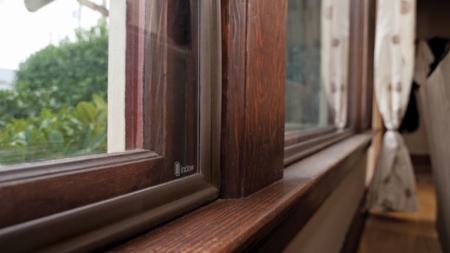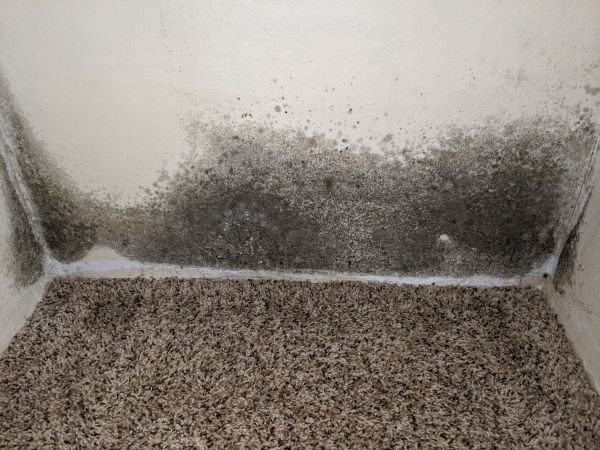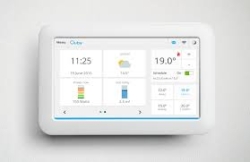The classic American dream for many people has included buying a house to call your very own instead of renting an apartment. But demand for homes in the Portland metro area has gone up while available inventory has declined, therefore it is currently a seller’s market and increasingly costly for potential buyers to purchase homes.
 Even for people who earn a median-income (about $64,000/year), starter homes for first-time buyers have become more out of reach due to population increases, rising interest rates, and lower affordable inventory in Portland. Homes in the range of $300,000 or less are rapidly disappearing while prices surge upward. More people who have managed to buy a starter home are increasingly likely to hold on to their smaller homes instead of upgrading to a larger home, thereby decreasing available choices for people looking to buy. People with larger homes are now more likely to actually downsize to a more compact home with lower maintenance and property taxes to save money. In addition, there has been less construction on new houses as developers focus more on rental units.
Even for people who earn a median-income (about $64,000/year), starter homes for first-time buyers have become more out of reach due to population increases, rising interest rates, and lower affordable inventory in Portland. Homes in the range of $300,000 or less are rapidly disappearing while prices surge upward. More people who have managed to buy a starter home are increasingly likely to hold on to their smaller homes instead of upgrading to a larger home, thereby decreasing available choices for people looking to buy. People with larger homes are now more likely to actually downsize to a more compact home with lower maintenance and property taxes to save money. In addition, there has been less construction on new houses as developers focus more on rental units.
According to Zillow, a real-estate company, 61 percent of today’s available housing is affordable for middle-income earners compared with 76 percent in 2000. If mortgage rates creep up, that number will decrease. Low mortgage rates, which can greatly affect monthly payments, help keep the available starter homes more within reach to buyers. However mortgage rates have been climbing and the Federal Reserve raised its benchmark rate in March 2017 for only the third time since the Great Recession. This rate is predicted to increase at least two more times this year. Zillow data shows that if the rates rise to 2006 levels (before the housing market crash), the share of affordable homes would drop to 41 percent. This would translate to a 2 percent increase and could add almost $300 to a monthly payment on a $300,000 home without an overall price increase. Most forecasts call for a more modest rate increase, however prices are still expected to rise. The average home price in the Portland area has risen 10.4 percent in March 2017 and has jumped nearly 72 percent since 2012.

Median sales prices for Portland homes (source: trulia.com)
Bidding wars and flash sales (where a home rapidly sells at full list price or above) are now more common because there isn’t as much to choose from. 3,300 homes were listed at the end of February 2017 which translates to a 6-week supply, according to the Regional Multiple Listing Service. In the past, this would have been a 6-month supply.
Small homes in desirable neighborhoods are especially increasing in price and first-time buyers are more likely now than in the past to compete with investors, developers, house flippers, and other cash buyers. Cash offers give a seller more certainty that someone in need of a mortgage can’t provide. Developers often bid more than the home is worth because the bigger one they plan to replace it with will bring in even more money. According to the Portland Housing Center, this has led first-time home-buyers to look further away from the city and out into the surburbs to find less competition and more affordability, although inventory is beginning to decline in those areas as well. The Portland Housing Center is a non-profit that works with first-time home-buyers and now has new satellite offices in Beaverton and Vancouver to meet demand.

(source: pdxhomes)
Chief economist for Windermere real estate, Matthew Gardner, predicts several factors to affect the housing market through the rest of 2017. 1) Job growth as well as migration from other states will lead to more housing demand. 2) Apartments have been increasing. Developers completed 3,700 units in 2015 and then about 6,500 units in 2016. The building of rental units is anticipated to slow down in 2017 as developers try to attract prospective tenants. Demand may still exceed supply, but the market will likely remain tight. 3) More millennials are ready and interested in buying homes. The problem may lie in whether or not they can find or afford anything though. 4) Home prices will continue to rise, likely by 8.5 percent, however price growth will begin to taper off due to increases in mortgage interest rates. 5) Inventory levels around Portland will likely increase to try to meet demand, although demand will still be higher than the available inventory for awhile. 6) Housing prices are still far ahead of incomes, especially near where a lot of the jobs are at. This will lead more people to look further away from the city and job centers. In summary, Gardner predicts home price appreciation to remain above average throughout 2017, although he doesn’t anticipate a housing crash. “Credit requirements, down payments, and a growing economy will all act as protectors of housing values.”




